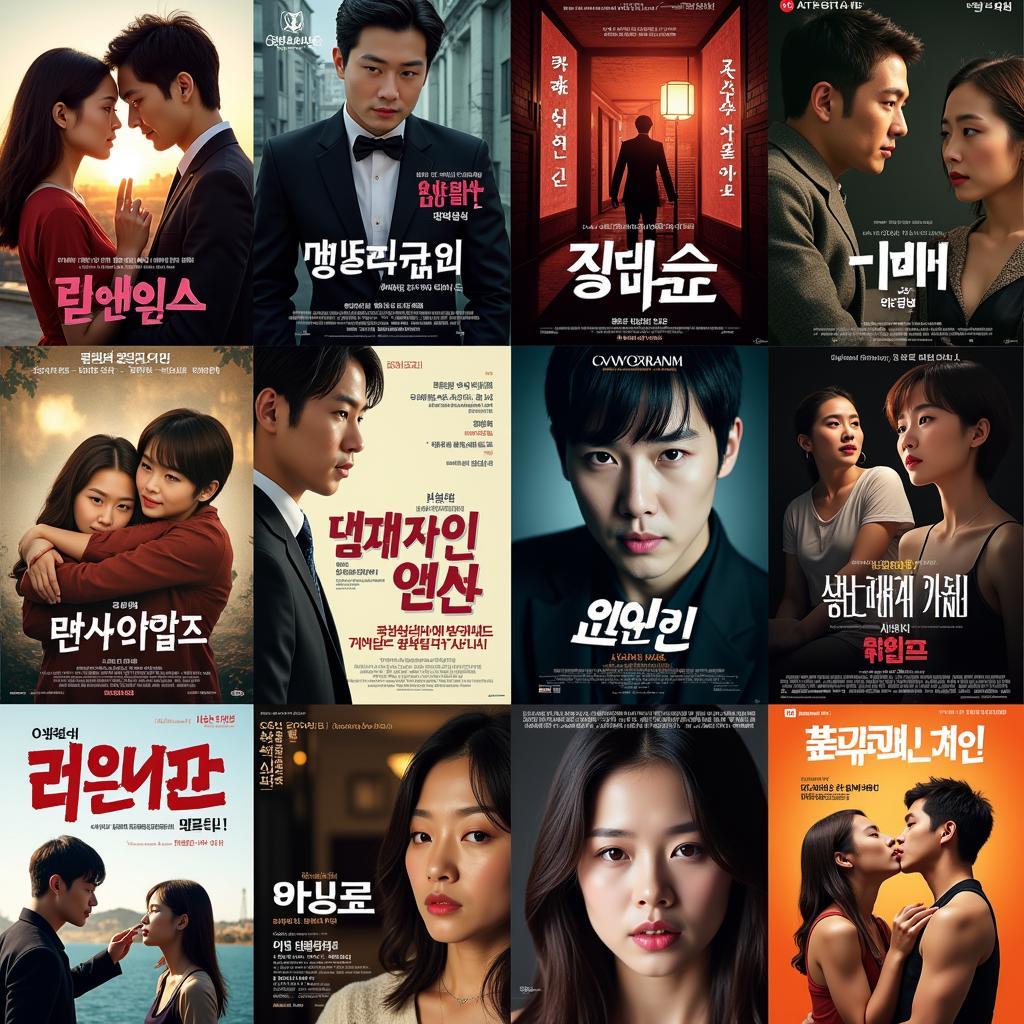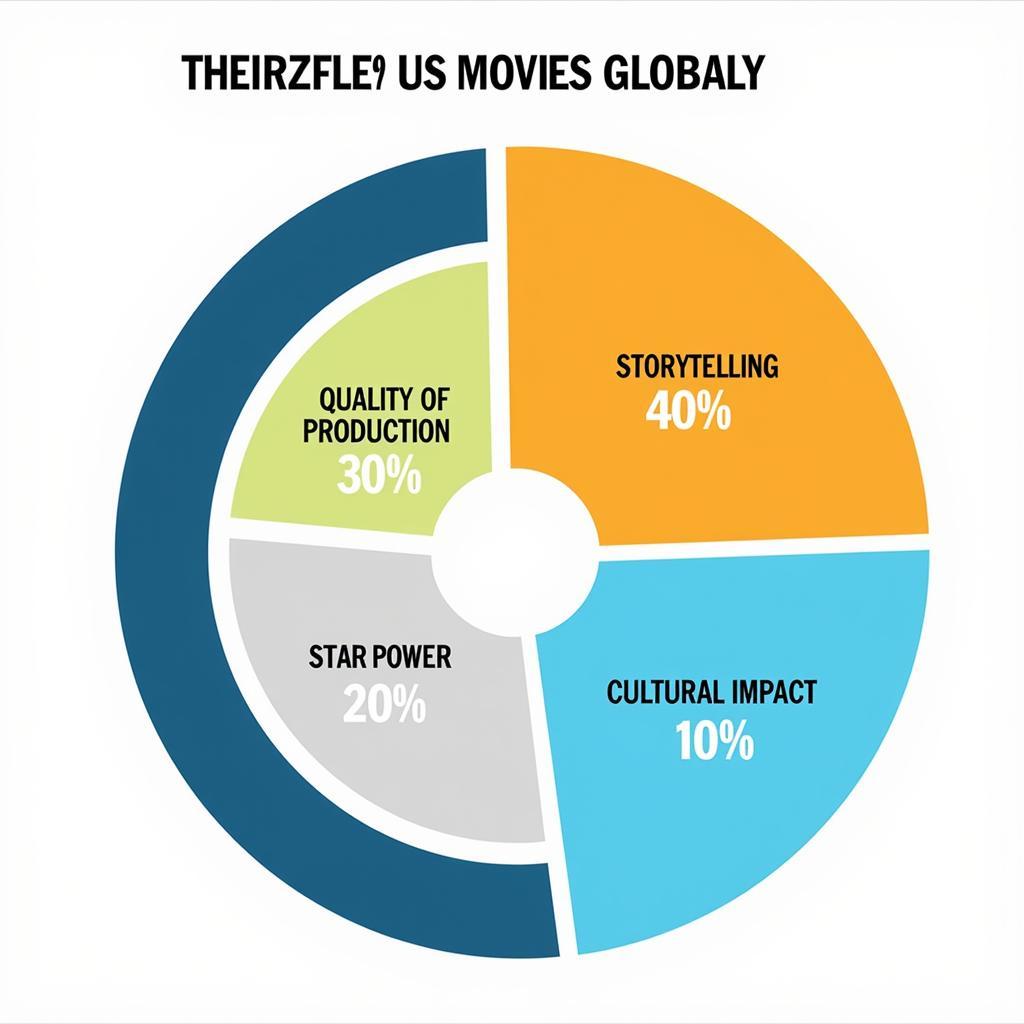The topic of “Black Lady Sex Movie” is complex and requires a nuanced approach. This article aims to delve into the portrayal of Black women in sexually explicit films, examining the historical context, societal influences, and the impact of these portrayals on both individual perceptions and the broader cultural landscape.
The Evolution of Representation: From Exploitation to Empowerment?
Historically, the representation of Black women in cinema, particularly within sexually explicit genres, has been fraught with harmful stereotypes and exploitation. From the hypersexualized Jezebel trope to the Mammy caricature, these limited and often demeaning portrayals have reinforced negative societal biases and contributed to the objectification of Black women. However, recent years have seen a shift towards more nuanced and empowering representations. Some filmmakers are actively challenging these historical tropes, centering Black women’s agency and exploring their sexuality with complexity and sensitivity.
What are some of the key factors driving this change? Increased representation behind the camera, with more Black women writers, directors, and producers, is certainly a contributing factor. This allows for more authentic storytelling and a greater focus on the lived experiences of Black women. Furthermore, growing awareness of intersectionality and the demand for more diverse and inclusive media are pushing the industry towards more responsible and representative portrayals.
Navigating the Nuances: Stereotypes and Subversion
While progress is being made, the portrayal of Black women in sexually explicit films remains a complex and contested terrain. Some argue that even seemingly positive portrayals can still perpetuate harmful stereotypes if they fail to fully address the power dynamics at play. Others suggest that the very act of reclaiming and exploring sexuality on screen can be a form of empowerment, allowing Black women to control their own narratives and challenge societal expectations.
The Impact on Perceptions and the Broader Cultural Landscape
How do these portrayals impact perceptions of Black women in the real world? The media we consume shapes our understanding of the world around us, and the constant bombardment of stereotypical images can reinforce harmful biases and contribute to discrimination. It is crucial to critically examine the media we consume and to engage in conversations about the impact of these portrayals.
The Future of Representation: Towards Authenticity and Inclusivity
The conversation surrounding the representation of Black women in sexually explicit films is ongoing and evolving. Moving forward, it is essential to prioritize authenticity, inclusivity, and respect. This requires not only challenging harmful stereotypes but also creating space for a wider range of narratives that reflect the diversity of Black women’s experiences.
What can audiences do to contribute to this change? Supporting films created by Black women and engaging in thoughtful discussions about representation are crucial steps. Demanding more diverse and inclusive content from media producers can also drive positive change within the industry. fingering scenes in movies
Dr. Anika Johnson, a cultural critic specializing in media representation, states, “The power of visual media cannot be understated. It’s essential that we continue to push for portrayals that reflect the full spectrum of Black womanhood, moving beyond reductive stereotypes and embracing complexity.”
Conclusion
The portrayal of Black women in sexually explicit films has a complex history, marked by both exploitation and empowerment. By understanding the historical context, societal influences, and the ongoing dialogue surrounding representation, we can work towards a more inclusive and equitable media landscape that celebrates the diversity and complexity of Black female sexuality. The exploration of “black lady sex movie” should not be a taboo subject, but rather an opportunity for critical analysis and positive change. movie like blue is the warmest colour
For assistance, please contact us at Phone Number: 02933444567, Email: [email protected] or visit us at RF55+W7R, Lê Hồng Phong, Vị Tân, Vị Thanh, Hậu Giang, Việt Nam. We have a 24/7 customer service team.

